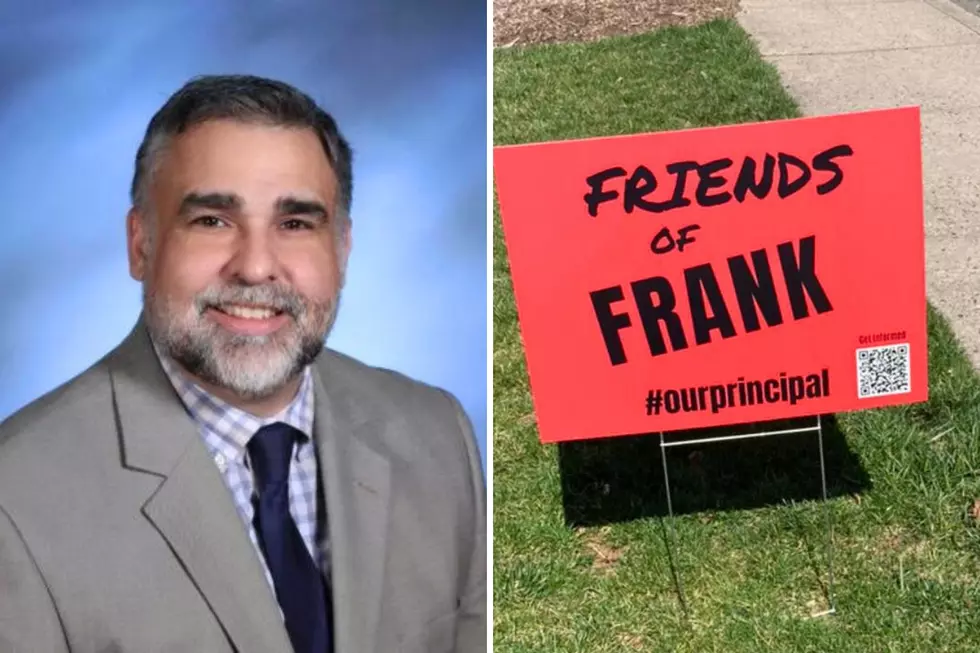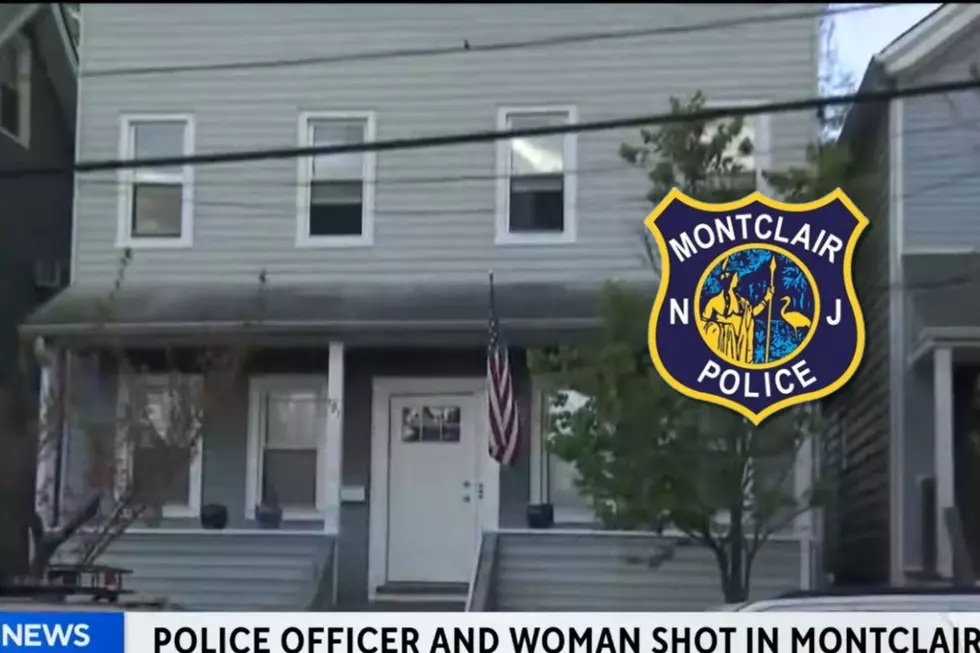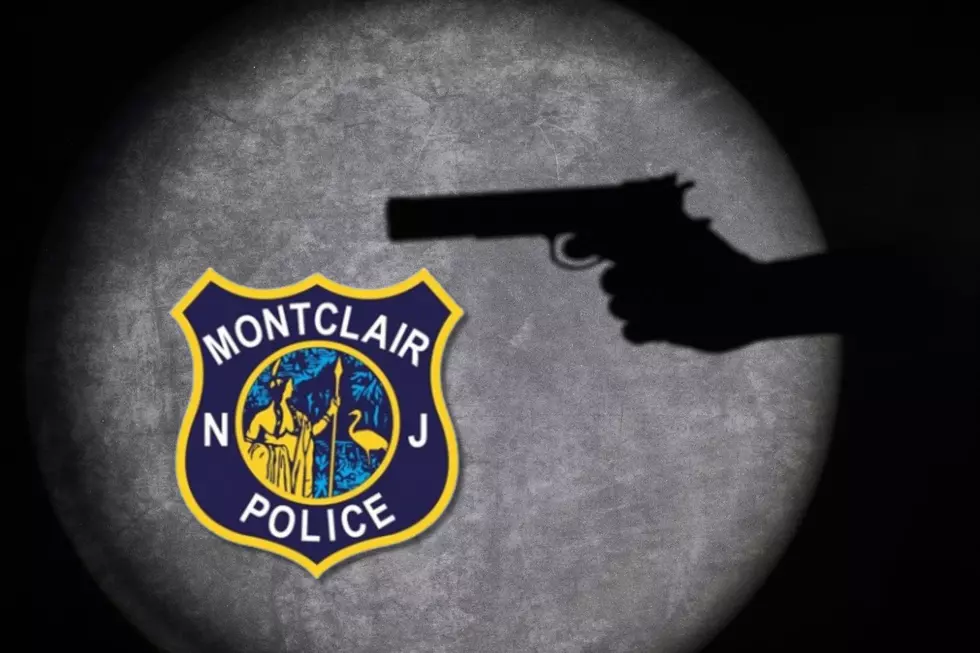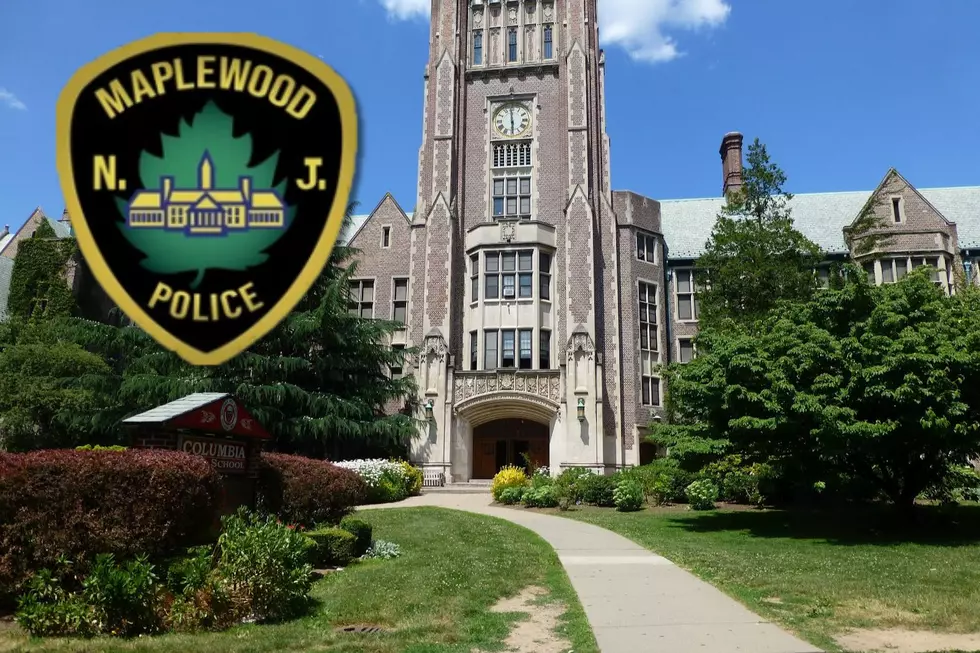
Newark, NJ lifts boil water advisory for city, suburbs after huge water main break
NEWARK — Water quality testing shows that there is no longer a need to boil water in Newark and Belleville, according to Mayor Ras Baraka.
A 72-inch water main break in Branch Burg Park on Tuesday flooded roadways and caused low pressure in Newark, Belleville and Bloomfield. Following the break, Newark implemented a boil water advisory that was not lifted until Saturday evening.
"The Department of Water and Sewer Utilities' State Certified Laboratory conducted water testing throughout wards affected and confirmed that the water quality is deemed satisfactory and is safe to drink," according to Baraka's office. Belleville issued a similar statement after its water was tested by the Department of Environmental Protection.
Sondra Roberts, a spokesperson for Baraka's office, told New Jersey 101.5 that there are no longer any boil water advisories in effect, including for areas affected by another 30-inch water main break at 15th Avenue and 15th Street in the West Ward on Thursday.
While it is no longer necessary to boil water, Newark is "strongly" advising its residents to take the following measures:
- Run water faucets for 3-5 minutes to flush service connection and interior plumbing with water from the service main.
- Empty and clean automatic ice makers and water chillers.
- Drain and refill hot water heater if the temperature is set below 113 degrees Fahrenheit.
- Service connections with a water softener/cartridge filters should be run through a regeneration cycle or other procedures recommended by the manufacturer.
- Water reservoirs in tall buildings should be drained and refilled (as applicable).
Rick Rickman is a reporter for New Jersey 101.5. You can reach him at richard.rickman@townsquaremedia.com
Click here to contact an editor about feedback or a correction for this story.
What would happen to NJ if we were attacked by nuclear weapons?
LOOK: These Are the 50 biggest retailers in America
LOOK: What are the odds that these 50 totally random events will happen to you?
More From New Jersey 101.5 FM









